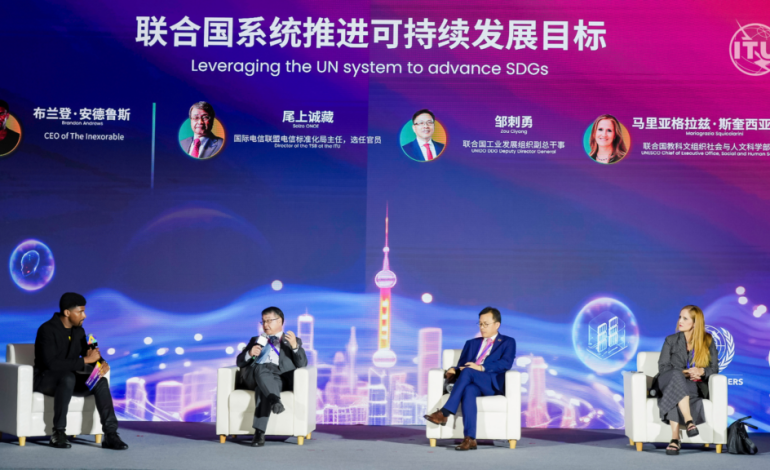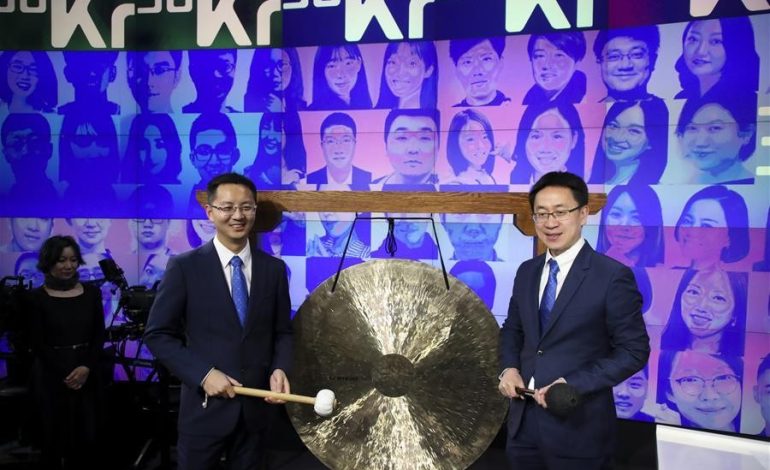AI for Social Good: China’s Young Tech Leaders in Health & Education

Youth at the Frontline of AI
Artificial intelligence is often discussed in terms of billion-dollar labs and geopolitical rivalry. Yet in China, some of the most compelling work is being done by under-30 entrepreneurs, who are harnessing AI for social impact in health and education.These young leaders represent a shift in innovation culture: from chasing unicorn valuations to designing tools that directly improve lives in underserved communities.
AI in the Classroom
One 27-year-old founder in Chengdu has developed an AI-driven tutoring system that adapts lessons for students struggling with math and science. Teachers use the platform to reduce workloads while providing personalized guidance.
Another startup in Henan combines voice recognition and language models to help rural students practice English conversation — a tool that has already been piloted in 200 schools.
These solutions tackle China’s long-standing education gap between urban and rural areas, democratizing access through technology.
AI in Healthcare
Young innovators are also tackling healthcare bottlenecks. Startups led by researchers in their 20s are deploying AI systems that:
- Scan chest X-rays to detect tuberculosis in rural clinics.
- Use machine learning to predict outbreaks of seasonal diseases.
- Provide AI chatbots for mental health support among students.
For resource-constrained hospitals, these tools provide affordable alternatives to advanced medical infrastructure, amplifying the reach of limited doctors and nurses.
Finance and Accessibility
A common thread among these startups is the need to keep solutions affordable. Several under-30 founders partner with digital finance platforms to reduce upfront costs for schools and clinics.
Some pilot programs use instant settlement systems that allow local governments or NGOs to pay providers quickly, ensuring that tools reach classrooms and hospitals without bureaucratic delays. Subtle fintech integrations are thus enabling scalable access to social AI solutions.
Recognition and Support
China’s under-30 AI leaders are gaining recognition. Several were named to Forbes China’s “30 Under 30” for social innovation. Provincial governments are offering grants, while universities provide incubators that combine ethical training with technical expertise.
This ecosystem ensures that social AI projects receive the same attention as commercial ventures in e-commerce or gaming.
Global Relevance
These youth-led innovations are not just for China. AI tutoring platforms are being exported to Southeast Asia, while healthcare solutions are piloted in African countries with Chinese aid partnerships.
In doing so, young Chinese entrepreneurs are shaping the soft power narrative — demonstrating that AI can be more than surveillance or commerce; it can also be a tool for equity and inclusion.
Challenges Ahead
Still, hurdles remain:
- Funding gaps, since social ventures attract less venture capital.
- Data privacy concerns, especially in healthcare.
Scalability issues, as pilot projects often remain localized.
How these challenges are addressed will determine whether social AI remains niche or becomes a pillar of global AI adoption.
Outlook: A Generation’s Ethical Legacy
China’s young AI innovators are proving that technology can be guided by ethics and empathy as much as profit. By focusing on health and education, they highlight a vision of AI that complements — rather than replaces — human capacity.
For global readers, their story is a reminder that the future of AI is not just about competition between giants. It is also about small, youth-driven projects that deliver social good, setting an ethical standard for generations to come.






